It’s vital to embrace any technology that makes travel cleaner and greener. That’s why it is so exciting that a fully electric road trip is no longer a futuristic concept, but something you can do right now! It still requires some preparation, but there are plenty of ways to perfectly plan your EV trip. If you don’t have an EV yet, you can rent one for your journey to see what all the fuss is about.
According to Treehugger.com, it is important not to let “range anxiety” get in the way when planning your EV trip. This is because EV technology is quickly improving, and there are simple tricks that can make a big difference to your driving confidence, which we’ll get into. When it comes to getting away from it all in your EV, so long as you’re in a country or region with charging infrastructure, the only limit is your imagination.
Prepare for your trip
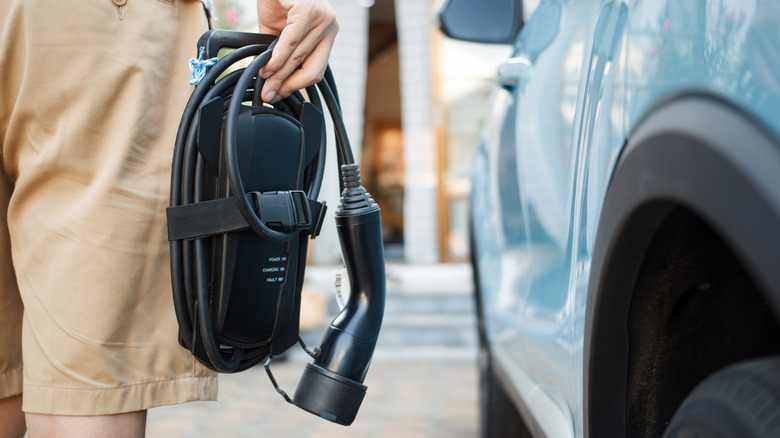
An important rule is to always take a portable EV charger, just in case the situation arises when you are unable to get to an official port. Make sure to bring an extension cable as well so that your car can reach the socket. In case of bad Wi-Fi or if the chargers are in use, download an offline map app that you can use to find ports when required. If you have children with you, it may be worth bringing a tablet pre-loaded with their favorite shows in case they need to wait in the car while it charges.
It is also vital to always leave your home with your battery charged to 80% or more. Pod Point recommends that you should also check all of your lights, make sure your brakes work, and ensure your tires are correctly pressurized. Once you’ve taken all of these steps, you will need to create a route based on your expected range and the type of charger that your car will accept. Luckily, there are apps that can help you with this.
Use technology to help you
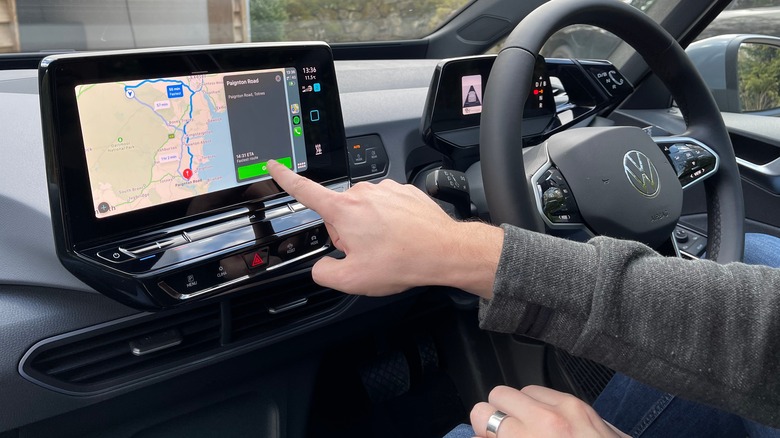
Many electric cars have charge point locations built into their satellite navigation systems, so you can use that to find the ones closest to your itinerary. There are also apps that can help you find one along your route. It is important to get the most up-to-date information, as charging points are added and updated all the time, which can influence how long you will be in a certain place.
If your car accepts them, look for ultra-rapid chargers, as they can get you back on the road in as little as 15 minutes. According to the Royal Automobile Club (RAC), the calculation for estimating your charging time is the “battery size (in kWh) divided by the charger power (in kW), which equals the charging time (in hours).” Even though your car manufacturer will give you an idea of mileage per charge, it is important not to wait until the last charging station just in case it is unavailable or your battery runs out before you get there.
How to charge your car on the road
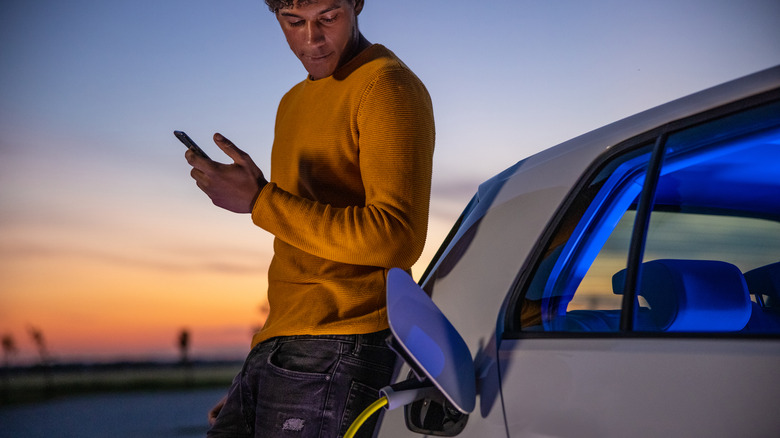
Simonskafar/Getty Images
Always double-check the type of charge point you’re stopping at, as this will affect how long you have at your pit stop. When the car is charging, you can recharge yourself, as this is a great time to grab something to eat and stretch your legs. In order to charge your car fully, consider staying at a hotel with power points so that you can plug it in overnight. It’s often free, so you can save the costs of paying to charge as well as the time spent doing it.
RV site hookups also work well as EV chargers, and they’re often in or near beautiful locations like state and national parks. Sometimes you need to book a spot with a hookup, so always visit the park website to secure one in advance. As driving conditions can affect your battery life, it’s essential to keep an eye on your charge if there are any changes while you’re on the road.
Be aware of things that can drain your battery
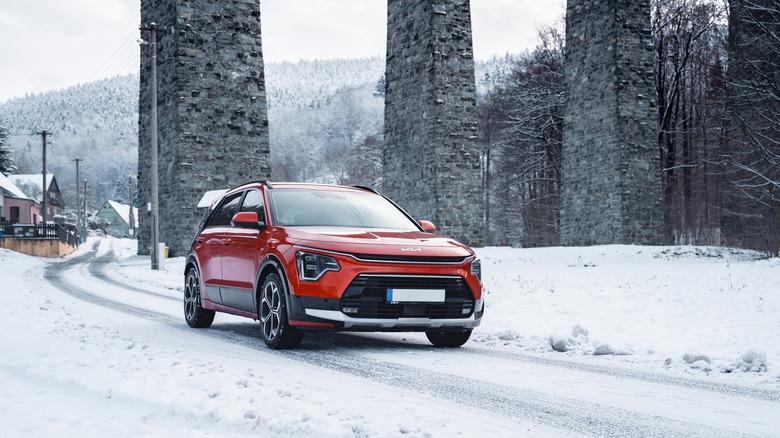
kasakphoto/Shutterstock
The way that you drive can affect your battery life, but this is something that you can try to counteract. For instance, if you will be accelerating rapidly, consider setting your car to “economy mode,” as this will make it more energy efficient. Much like a regular car, having properly inflated tires will also improve your vehicle’s efficiency.
Cold weather can also affect range, as the Norwegian Automobile Federation discovered when they tested several EV car models. They found that in subzero temperatures, the cars lost 18.5% more range on average than the estimate stated by their manufacturers. This means that when driving in cold climates, you will need to be more conservative with the miles you drive than you would be otherwise. It is a good rule of thumb not to let your charge level drop below 10%, as this will give you enough power to get to a charge point.
Visit places where the planning is done for you
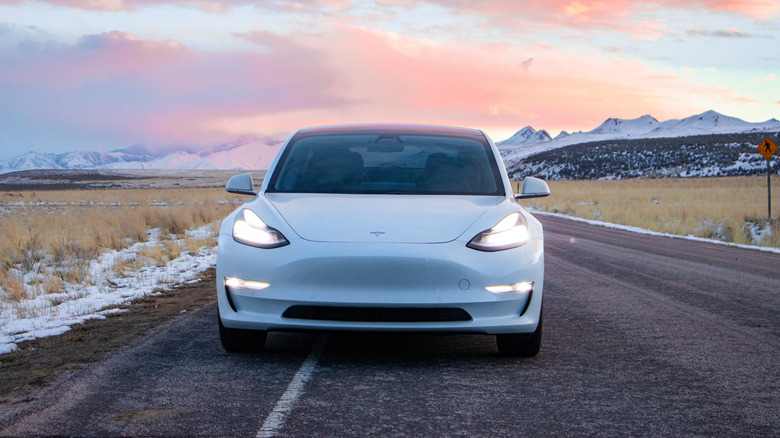
canadianPhotographer56/Shutterstock
There are some countries around the world where EV routes have already been planned out, plus they’re scenic drives with beautiful places to see. For example, Visit Scotland has prepared a route from the city of Edinburgh to Aberfoyle. This route passes by Glasgow, Loch Ness (home of the Loch Ness monster) and Ben Nevis, the highest mountain in the U.K.
The Ring Road in Iceland is also an excellent trip for an EV driver, as it has charging points all around it that are powered by the geothermal energy generated on this volcanic island. It also has impressive landscapes where you can visit geysers, waterfalls, and lagoons. As electric vehicles become more common, it’s likely that more places will design itineraries like this in order to attract travelers. On top of that, it will encourage sustainable tourism to flourish in those areas, meaning that your EV trips around the world could become greener than ever before.

